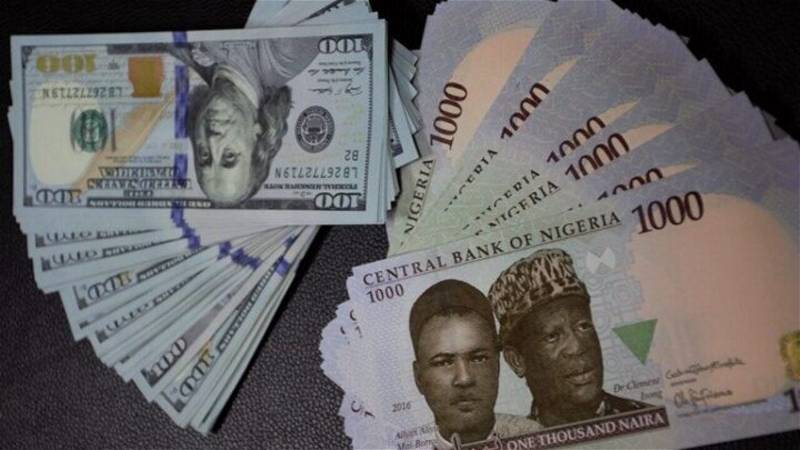Apostle Solomon Mustapha, who goes by the name Sebioba, stands as a beacon of hope within the congregations of Seed of Christ Golden Church, offering profound insights into the future of Nigeria. In a recent interactive session with journalists at the Ogun State chapter of his church, Apostle Mustapha exuded confidence in Nigeria’s ability to navigate through its current challenges and emerge stronger.
One of the focal points of the discussion was Apostle Mustapha’s prophetic utterance regarding the depreciation of the dollar, a revelation he claims was directly communicated to him by the divine. Emphasizing his unwavering commitment to delivering God’s message, he defended his prophecy, citing the subsequent fluctuations in the exchange rate as a validation of his spiritual insight. However, he cautioned against misconstruing the role of prophets, asserting that while they serve as conduits for divine communication, they should not be burdened with the expectation of single-handedly resolving complex economic issues.
Drawing parallels from biblical narratives, Apostle Mustapha invoked the story of Elisha and the dire circumstances faced by the people of Samaria, illustrating the transformative power of divine intervention in times of crisis. He underscored the belief that if God could bring about change in such tumultuous times, there is no limit to what He can accomplish in the present day.
Despite his firm belief in the potency of prophetic revelations, sebioba was quick to delineate the boundaries between spiritual guidance and governmental responsibility. While prophets can offer counsel and insight, he asserted that the onus lies on the government to enact tangible solutions to societal challenges. His stance reflects a nuanced understanding of the complementary roles played by spiritual leaders and governing bodies in steering the course of a nation.
In discussing his relationship with government officials, Apostle Mustapha conveyed a sense of detachment, preferring to stay within the confines of his spiritual calling rather than actively engaging in political affairs. While open to providing counsel if sought, he reiterated his commitment to remaining steadfast in his spiritual endeavors, eschewing any undue entanglements with the corridors of power.
Conclusion

Sebioba
Sebioba’s perspective offers a compelling blend of spiritual conviction and pragmatic wisdom, grounded in the belief that while prophecy may illuminate the path forward, it is ultimately collective action and governance that will pave the way for Nigeria’s progress and prosperity.

